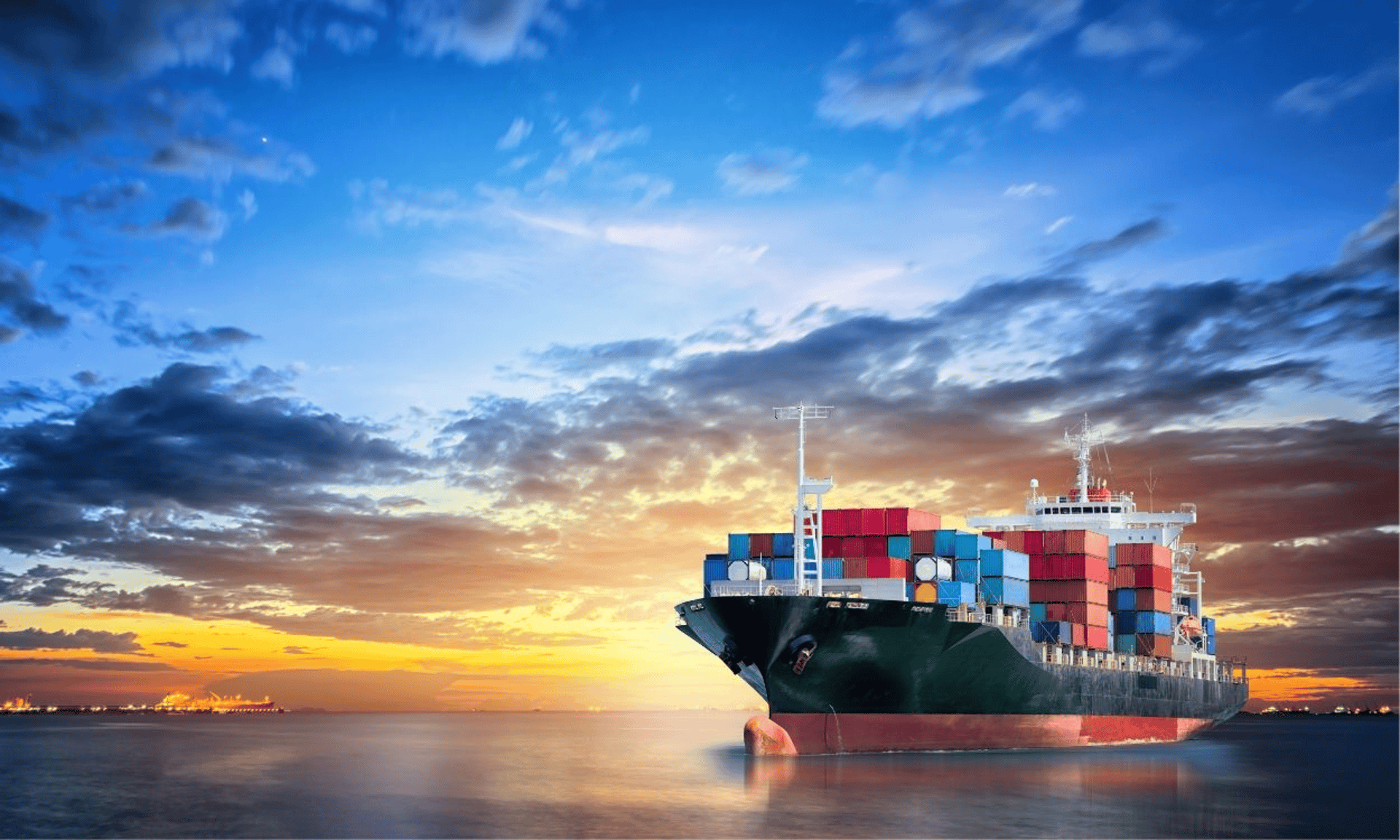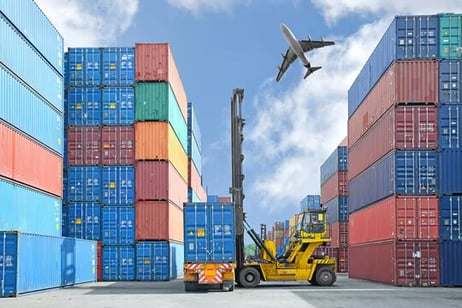


WHAT IS INTERNATIONAL TRADE?
International trade is defined as the exchange of goods, capital and services between countries across their international borders. The prime reason for any country to engage in International Trade is because there is a need or want of goods or services. It is true that in most countries, International trade represents a big share of the gross domestic product (GDP). Although international trade has been there throughout a large part of our history, the world has started to acknowledge and appreciate its economic, political and social importance only in the past few centuries. It is important to note that carrying out a trade at the international level is a much more complex process vis-a-vis the domestic trade. When there is an exchange of goods, capital or services between two or more nations, there are a number of factors like government policies, currency, judicial system and markets that get involved. As such, it is important for us to appreciate the benefits that international trade can bring to the respective economies.
ADVANTAGES OF INTERNATIONAL TRADE
There are a number of international organisations like the World Trade Organisations that are working towards making the international trade process smoother. The multilateral and bilateral forums are trying to ensure that the trade between nations becomes easier, which will also end up increasing the overall volume of goods and services exchanged. It is important to note that trade between nations is not easy because of the difference in their economic situation, rules and regulations, customs and several other factors. But with the increasing advent of globalisation in the past few decades, international trade has increased by leaps and bounds. So it is important for us to understand the main benefits of international trade, explained below:
More Job Opportunities
Beyond the job opportunities available in a career in international trade, the industry helps to generate jobs as companies expand their available markets. As the available market grows and market share increases, naturally manufacturing and service capabilities expand as well. The end result is more job opportunities are available for the working class.
Expanding Target Markets & Increasing Revenues
As mentioned in the previous benefit, more jobs are created when companies expand their target markets and demand increases. Beyond job creation, a larger target market allows companies to run production without the fear of overproduction as any excess products produced can be sold internationally. Each country a business adds to their list opens up new potential for business growth and increased revenue.
Improved Risk Management
In addition to a larger target market size, international trade offers the opportunity for market diversification. When a company focuses only on the domestic market, there is increased risk from economic downturns, environmental events, political influence, and many more risk factors. By becoming less dependent on a singular market, companies reduce the potential risks associated with their core market.
Greater Variety of Goods
AvailableTrading internationally provides consumers and countries with the opportunity to purchase goods and services that are either not available or more expensive to produce in their own countries. A simple trip to a local supermarket or electronics store will quickly demonstrate the impact of international trade.
Better Relations Between Countries
The economic interdependence of countries that results from international trade can lead to strong relationships of cooperation in other areas. When countries engage in a substantial amount of trade, they are more likely to avoid other areas of conflict between the nations.
Enhanced Company Reputation
Trading globally can provide a boost to a company’s reputation within the international market. When a company has success doing business in one country, it can significantly influence the success of that company in neighbouring and nearby countries as well. While difficult to quantify, the rise in company credibility can have a huge impact when targeting an entire region as opposed to singular countries.
Opportunities to Specialize
By participating in international markets, companies may be presented with opportunities to specialize in a particular area to serve a particular market. When countries cannot efficiently produce a good or service, they can seek to acquire it through trade with another country. These opportunities to specialize often lead to greater efficiency in production, higher levels of innovation, and increased quality of development. This may provide companies with a long-term competitive advantage and growth in terms of their global market share.






Contact us if you have any questions
We are always ready to find a solution for any of your questions.










